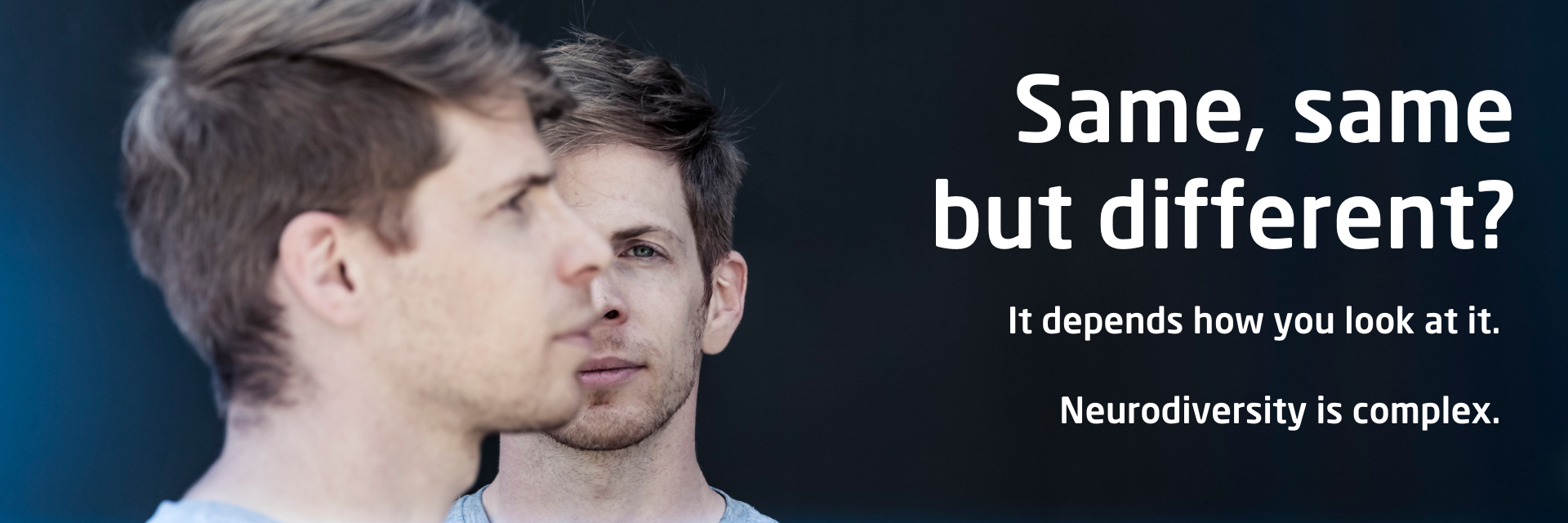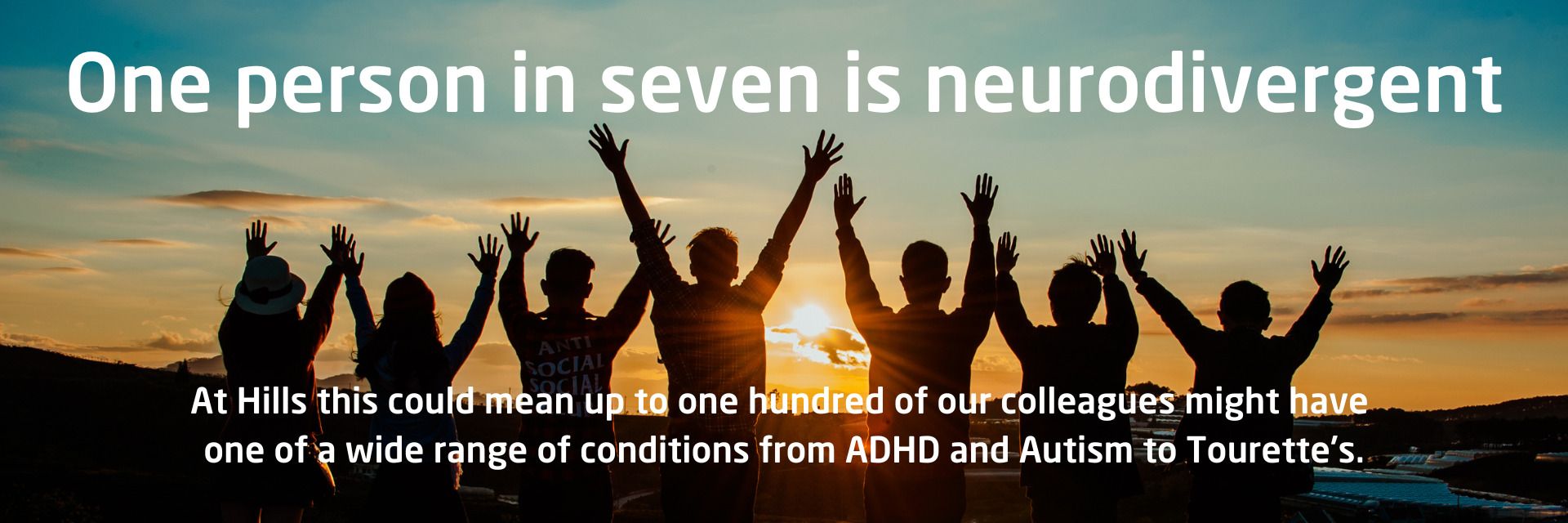
Some useful links:
We live and work in a diverse community and world. Diversity is a positive. The above links offer useful help and information on some neurodiverse conditions.
While everyone’s brains are structured similarly, some people’s natural variation in brain development and function might lead to them being described as neurodiverse.
What conditions are defined as neurodiverse?
Neurodivergent conditions include autism, ADHD, dyslexia, dyscalculia, developmental language disorder (DLD) and Tourette’s syndrome. The list of neurodivergent conditions is ever changing as research improves.
Children and young people with neurodivergent conditions may be told they “don’t talk properly” or they “talk too much”, or they “talk too slow/fast”. Over time, these messages damage self-esteem and can lead to hiding of symptoms (known as masking) and anxiety. Some individuals might become quieter in social situations or won’t feel comfortable being themselves or worry they may say the wrong thing.

How many people are neurodiverse?
Around 1 in 7 people have some kind of neurodiversity. Of those 1 in 7 people:
- 10% will have dyslexia
- 6% percent will have dyspraxia
- 5% percent will have ADHD
- 1–2% percent will have autism
Often, a person will have more than one type of neurodivergence. For example, about 50-70% of people diagnosed with autism will also have signs of ADHD.
Some people with ADHD might be described as being more spontaneous, creative, energetic, intuitive, imaginative, and inventive. They could also display the ability to be hyper-focused on subjects that interest them to a far greater extent than people who don’t have ADHD.
Many people with an Autism Spectrum Disorder (ASD) may bring a host of advantages to a role, including but not limited to:
- Memorising and learning information quickly
- Logical thinking ability
- Being precise and detail-orientated
- Being dependable with regards to schedules and routines
- Being able to concentrate for long periods of time when motivated
- A capability for alternate problem-solving.
It is important to promote true acceptance of every individual’s unique, neurodivergence. Understanding differences can bring about new and positive ways of thinking and interacting.
Neurodivergent people often look at the world from different perspectives and can offer outside-the-box solutions.
As Virgin boss Sir Richard Branson said in his blog: “The world needs a neurodiverse workforce to help try and solve some of the big problems of our time.”




